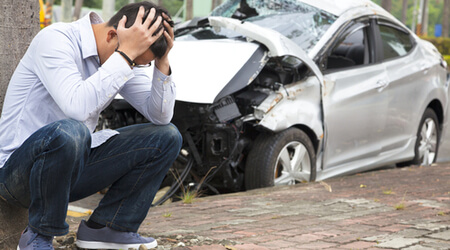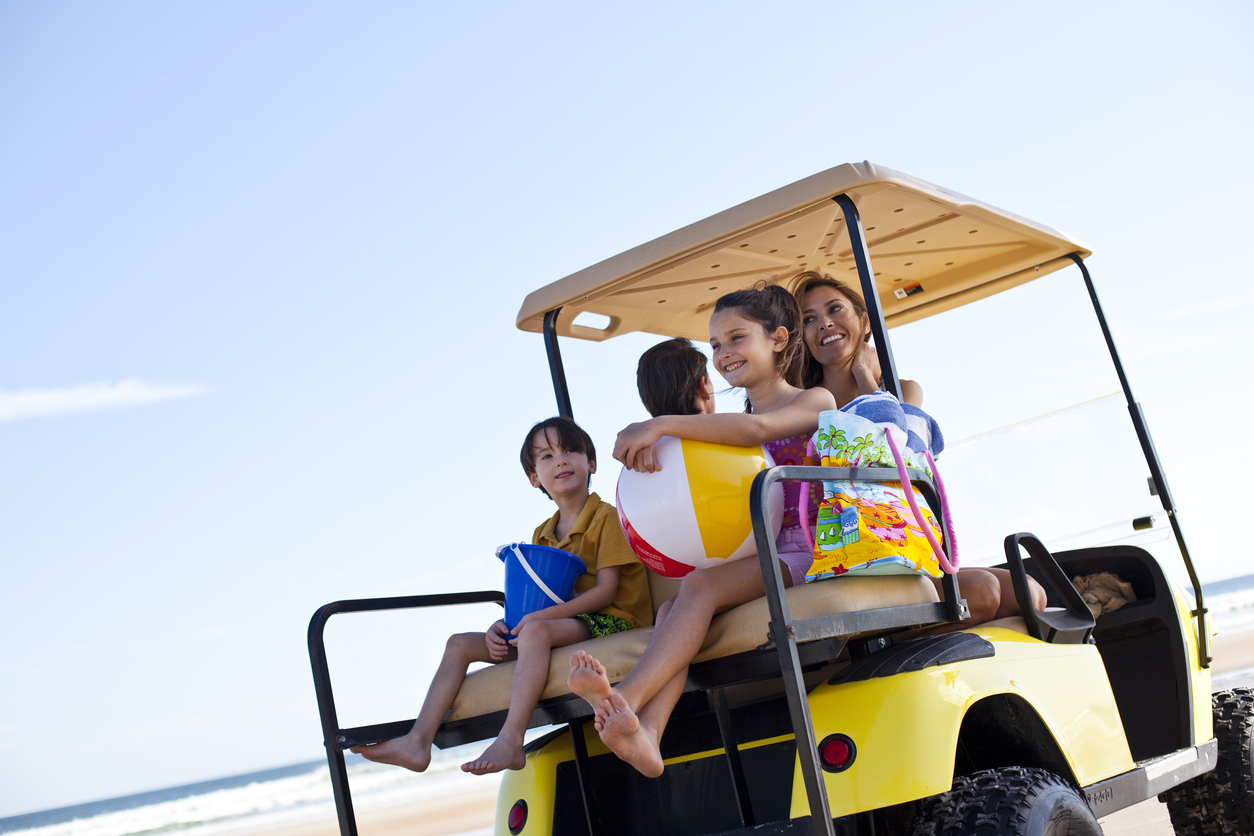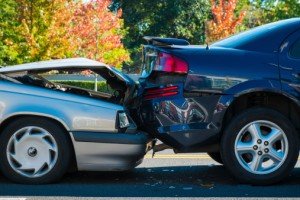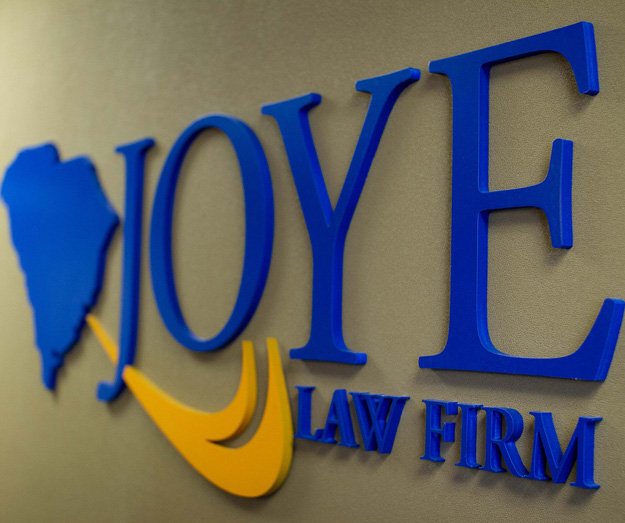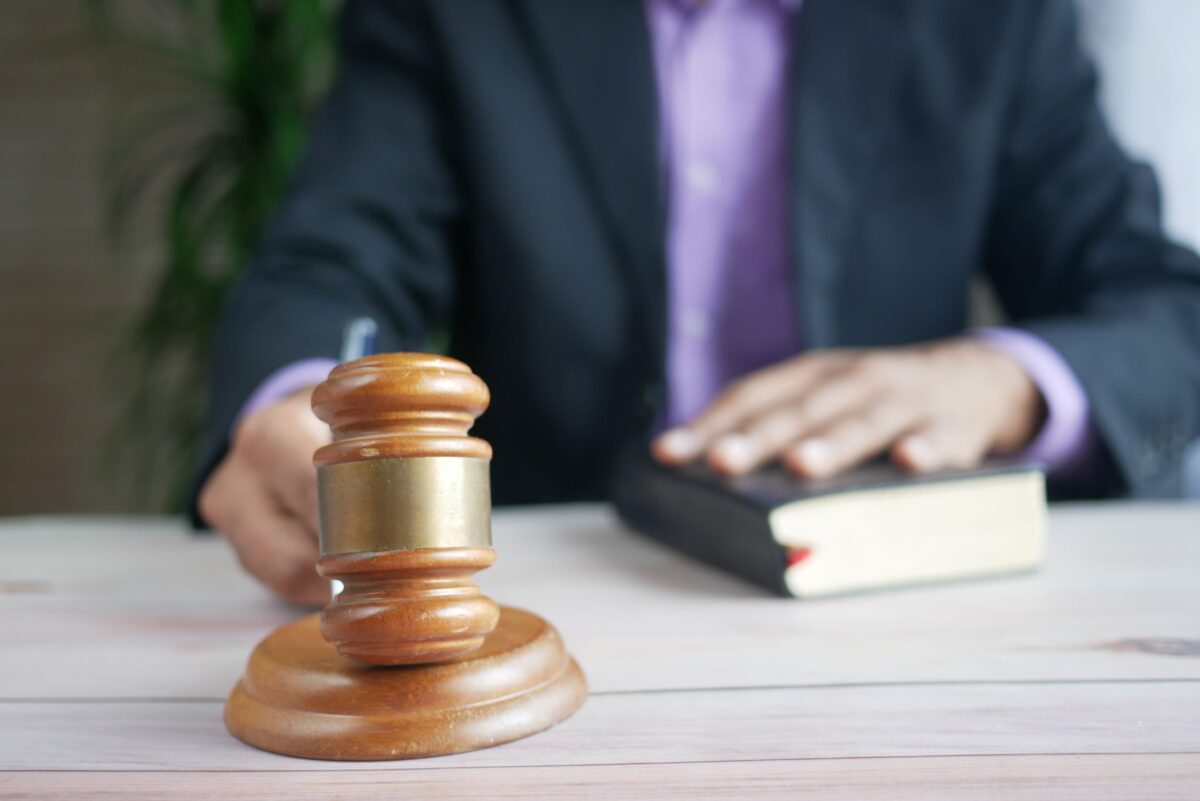
To Dr. Susan Lipkins, a psychiatrist and expert in hazing, eliminating this practice, whether in sports, schools, or elsewhere, is next to impossible. She notes that, in her experience, 95% of hazing instances go unreported, frustrating the authorities’ chances of defeating it. But why is hazing such a pernicious problem?
No matter how innocuous or brutal, all hazing traditions operate under one cardinal rule: the code of silence. The power of this code comes from fear. Sometimes, the fear is real, and you may receive threats or intimidation. It may also be implied, such as the fear of isolation or retribution should you break the code.
Most learning institutions deter hazing activities by imposing school disciplinary actions. But when perpetrators of hazing cross certain lines, people can get hurt. When this happens, you can sue for damages. A Myrtle Beach personal injury lawyer can help you start a claim and get favorable compensation for your injury.
What is Hazing?
Hazing is a form of initiation ritual or activity typically carried out by a group or organization to admit new members. These activities can vary widely in nature and severity but often involve humiliating, degrading, or physically demanding tasks. While some argue that hazing is a bonding experience, it frequently crosses ethical and legal boundaries and can end in severe consequences.
Hazing can occur in many settings, but it is most common in:
- College campuses
- University-affiliated organizations (fraternities, sororities, sports teams)
These environments create fertile grounds for hazing rituals, typically driven by a desire to foster a sense of belonging, initiation, or tradition among members. But hazing is not limited to educational institutions.
Hazing can occur in military units, athletic teams at various levels, the workplace, and social clubs. The common thread in hazing is the misuse of power dynamics, initiation rituals, and group dynamics, creating a humiliating, dangerous, and psychologically taxing environment for members.
When Does Hazing Become Hazardous?
Group traditions and rituals can become hazardous when they get out of control and cause physical or psychological harm. Hazardous hazing is common when group members encounter extreme physical exertion, forced consumption of alcohol or drugs, or exposure to dangerous environments. And when the line between initiation and danger is blurred, there’s potential for personal injury.
Injuries that Can Result from Hazing
Physical Injuries
1. Bruises and Contusions
You may be subjected to physical beatings, causing painful bruises and contusions. These injuries can be physically painful and emotionally scarring.
2. Broken Bones
Extreme hazing practices can lead to broken bones. Forced physical activities or dangerous stunts can result in fractures, sprains, and long-term physical damage. These injuries can have lifelong consequences for victims.
3. Head Injuries
Pledges in fraternities or sororities may be subjected to blows or forced to participate in activities that put their heads at risk. Concussions and traumatic brain injuries are not uncommon outcomes of hazing practices.
Emotional and Psychological Injuries
4. Post-Traumatic Stress Disorder (PTSD)
The trauma experienced during these rituals can haunt you for years. It can affect your mental well-being and overall quality of life.
5. Anxiety and Depression
You may struggle with feelings of shame, guilt, and worthlessness. This burden can profoundly impact your mental health.
Long-Term Consequences
6. Trust Issues
If you survive the experience, you might find it challenging to trust others. Experiencing betrayal during hazing can erode your ability to form healthy relationships.
7. Academic and Career Impact
The physical and emotional toll of hazing can hinder your academic performance and career prospects. Coping with injuries and trauma can make it difficult to focus on your studies and professional growth.
Given the potential injuries caused by hazing, consulting a personal injury lawyer is essential. They specialize in addressing physical and emotional harm resulting from such incidents. Attorneys can help you pursue compensation for medical expenses and emotional distress, ensuring justice is served.
Is Hazing Illegal in South Carolina?
South Carolina Code 59-101-200 criminalizes hazing. If investigations reveal that a student is guilty of hazing, they may be dismissed, suspended, expelled, or punished as the institution’s president deems appropriate.
- 16-3-520 makes it unlawful to assist in hazing or failing to report it to the relevant authorities. This requirement means that those who witness hazing, whether participating in it or not, are committing a crime.
Under the code, anyone who participates or assists in hazing or fails to report it is guilty of a misdemeanor. Punishment for this crime is a maximum fine of five hundred dollars or imprisonment for 12 months, or both (§ 16-3-530). The victim’s express or implied consent to hazing is not a defense to the misdemeanor.
How a Personal Injury Lawyer Can Help You
If you or someone you know has fallen victim to hazing, seeking legal counsel is essential. By finding a lawyer, residents can receive invaluable assistance in hazing cases. They can help you understand your rights, navigate the legal process, and pursue justice against those responsible for your injuries or suffering.
Get Legal Help Today
Hazing is dangerous, with severe consequences for the perpetrators and the victims. If you or a loved one has experienced a hazing-related personal injury in Myrtle Beach, don’t hesitate to reach out. Together, we can work towards a community free from the harms of hazing.
Contact us for a free consultation today to understand your legal rights and options.




